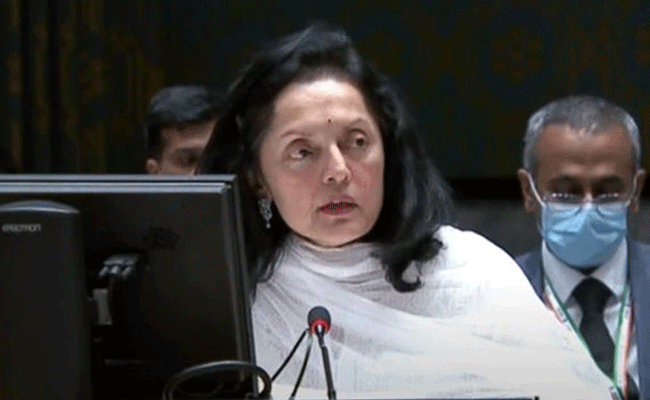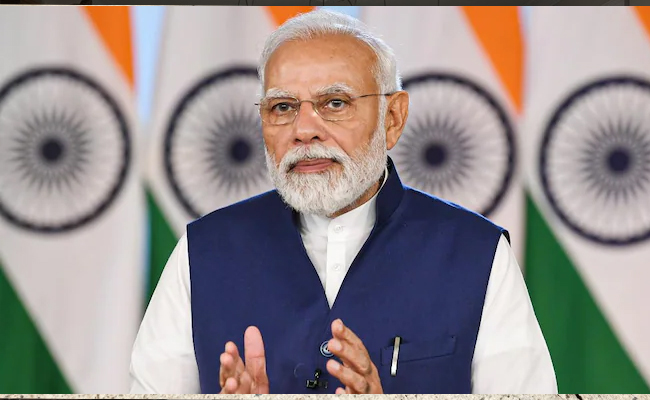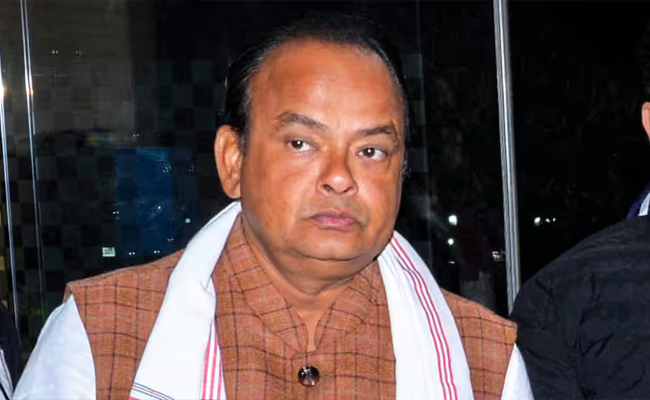United Nations (PTI): India does not need to be told what to do on democracy, the country's Permanent Representative to the UN Ambassador Ruchira Kamboj, who assumed Presidency of the UN Security Council for the month of December, said here on Thursday.
India on Thursday assumed Presidency of the 15-nation UN Security Council for the month of December, during which it will host signature events on countering terrorism and reformed multilateralism. The Presidency will bring the curtains down on India's two-year tenure as elected non-permanent member of the powerful UN organ.
Kamboj, India's first woman Permanent Representative to the UN, will sit in the President's seat at the horse-shoe table. On the first day of India's presidency, she addressed reporters in the UN headquarters on the monthly programme of work.
Responding to a question on democracy and freedom of press in India, she said "to that I would like to say that, we don't need to be told what to do on democracy.
"India is perhaps the most ancient civilization in the world as all of you know. In India, democracy had roots going back to 2500 years, we were always a democracy. Coming down to very recent times, we have all the pillars of democracy that are intact - legislature, executive, judiciary and the fourth estate, the press. And a very vibrant social media. So the country is the world's largest democracy.
"Every five years we conduct the world's largest democratic exercise. Everyone is free to say as they wish and please and that is how our country functions. It's rapidly reforming, transforming and changing. And the trajectory has been very impressive. And I don't have to say this, you don't have to listen to me. Others are saying this," Kamboj said.
Let the Truth be known. If you read VB and like VB, please be a VB Supporter and Help us deliver the Truth to one and all.
Ullal: The body of a 51-year-old physical education teacher was found in a well at his residence in Kondana, under the limits of Kotekar town, on Friday evening.
The deceased has been identified as Prabhakar Jogi, who was serving as a physical education teacher at the Government School in Kallarakodi, Naringana village. Police suspect that he may have died by suicide, allegedly due to health-related issues.
According to police, Prabhakar had dropped his daughter at Uchila School earlier in the day for the school anniversary programme and returned home.
He was later preparing to attend the same event along with his wife and son, when he suddenly went missing. A search was launched by family members, following which his body was found in the well located at his house.
ALSO READ: Delhi: Married man stabs lover after fight over forced abortion, arrested
Police said that Prabhakar Jogi was reportedly suffering from a neurological disorder. He had served in several schools across Ullal taluk and was actively involved in organisations of physical education teachers.
Ullal police visited the spot, conducted an inspection and sent the body for post-mortem examination.
In his complaint to the police, Prabhakar’s son, Sai Tejas, stated that his father had jumped into the well and that there was no suspicion surrounding the death.
Based on the complaint, a case has been registered and further investigation is underway.





